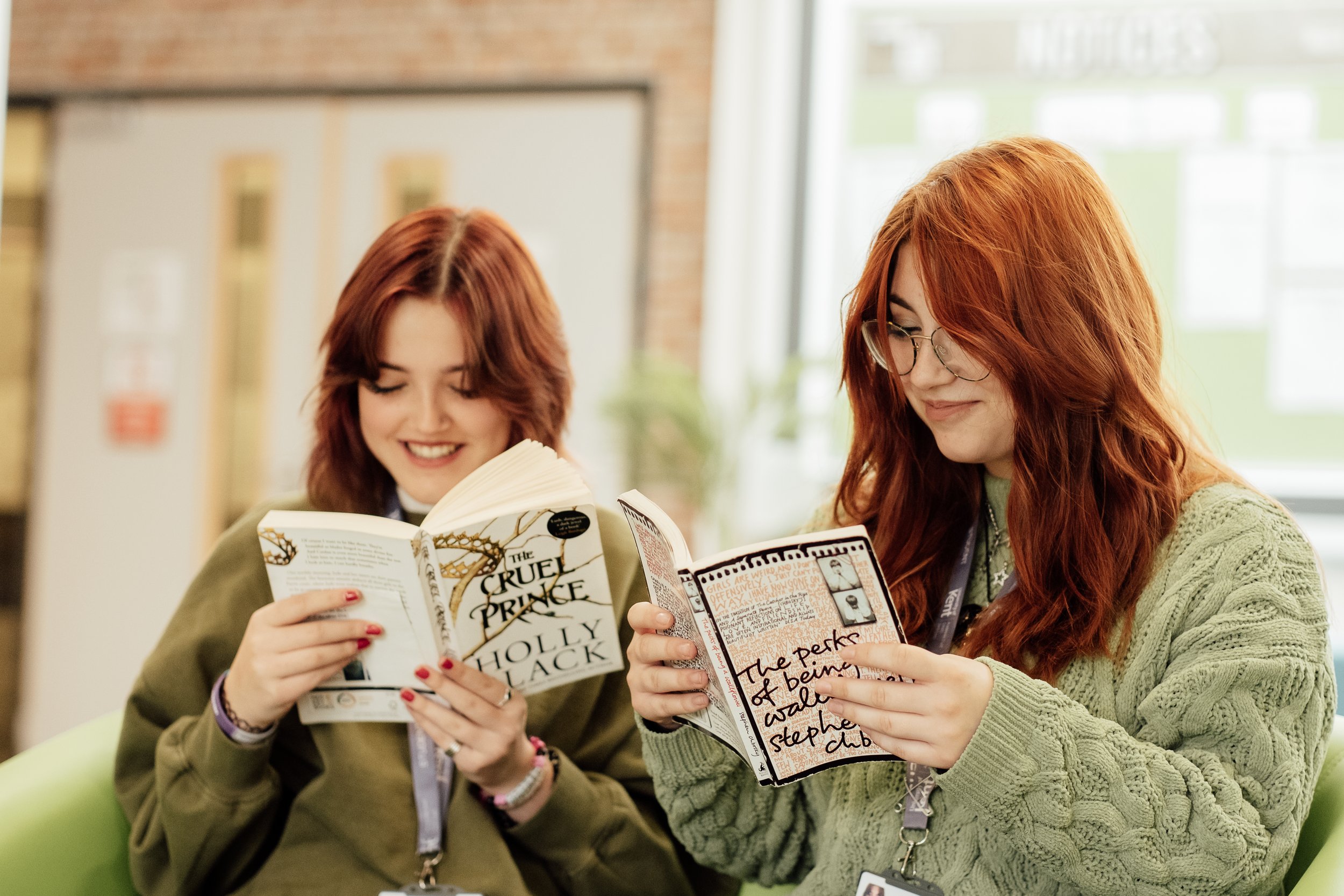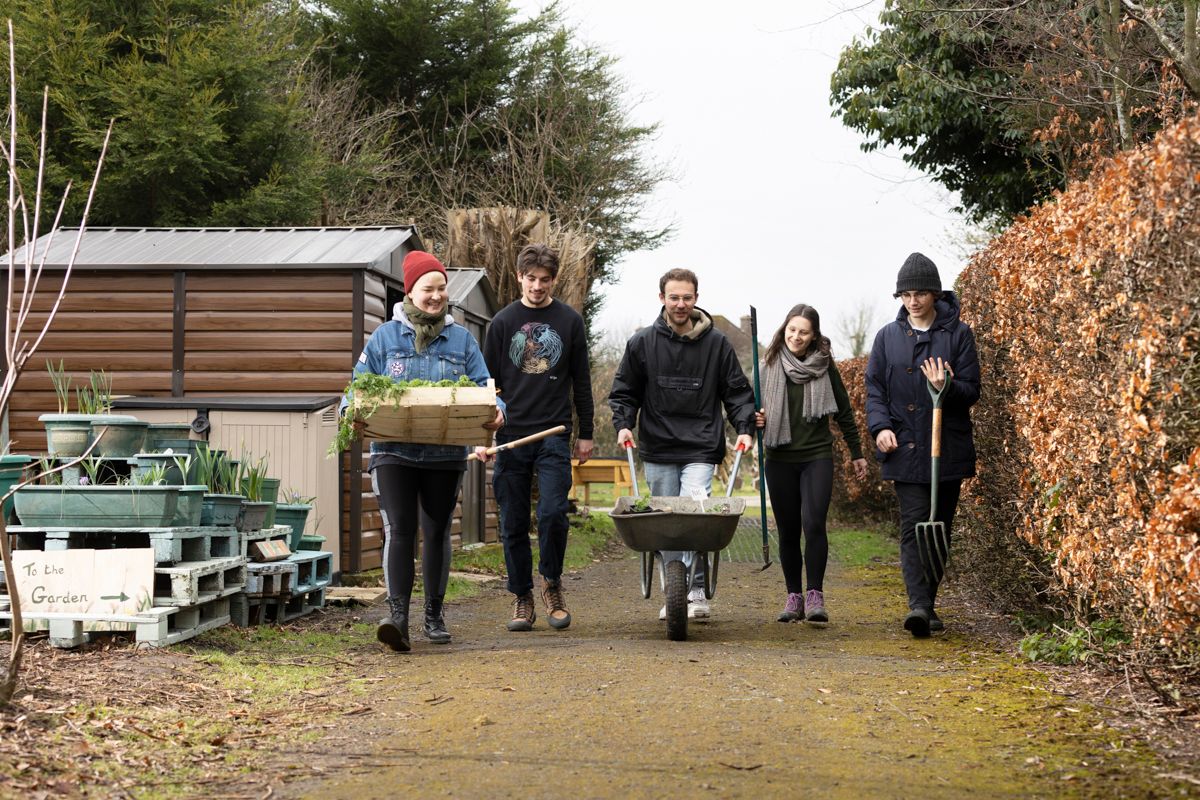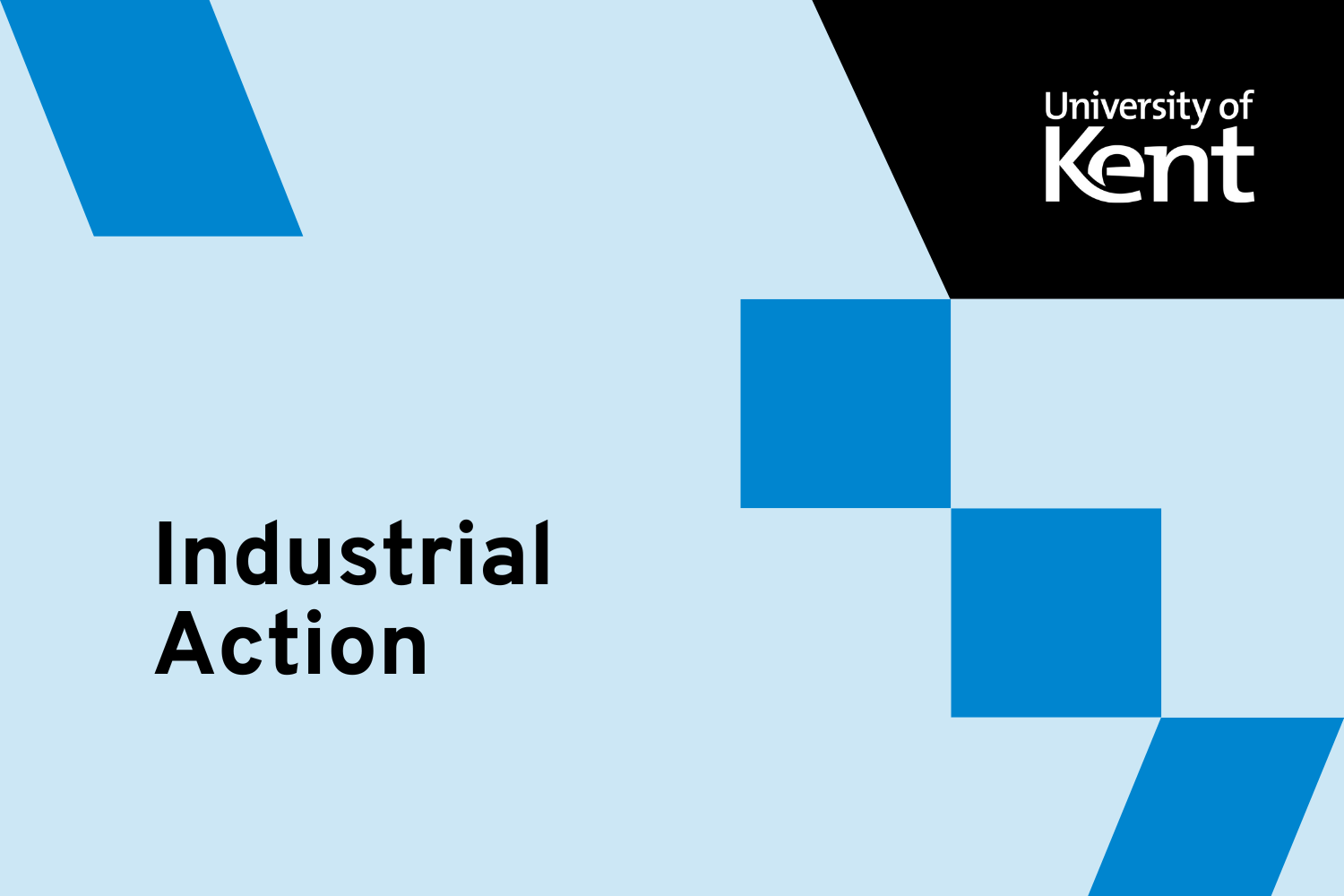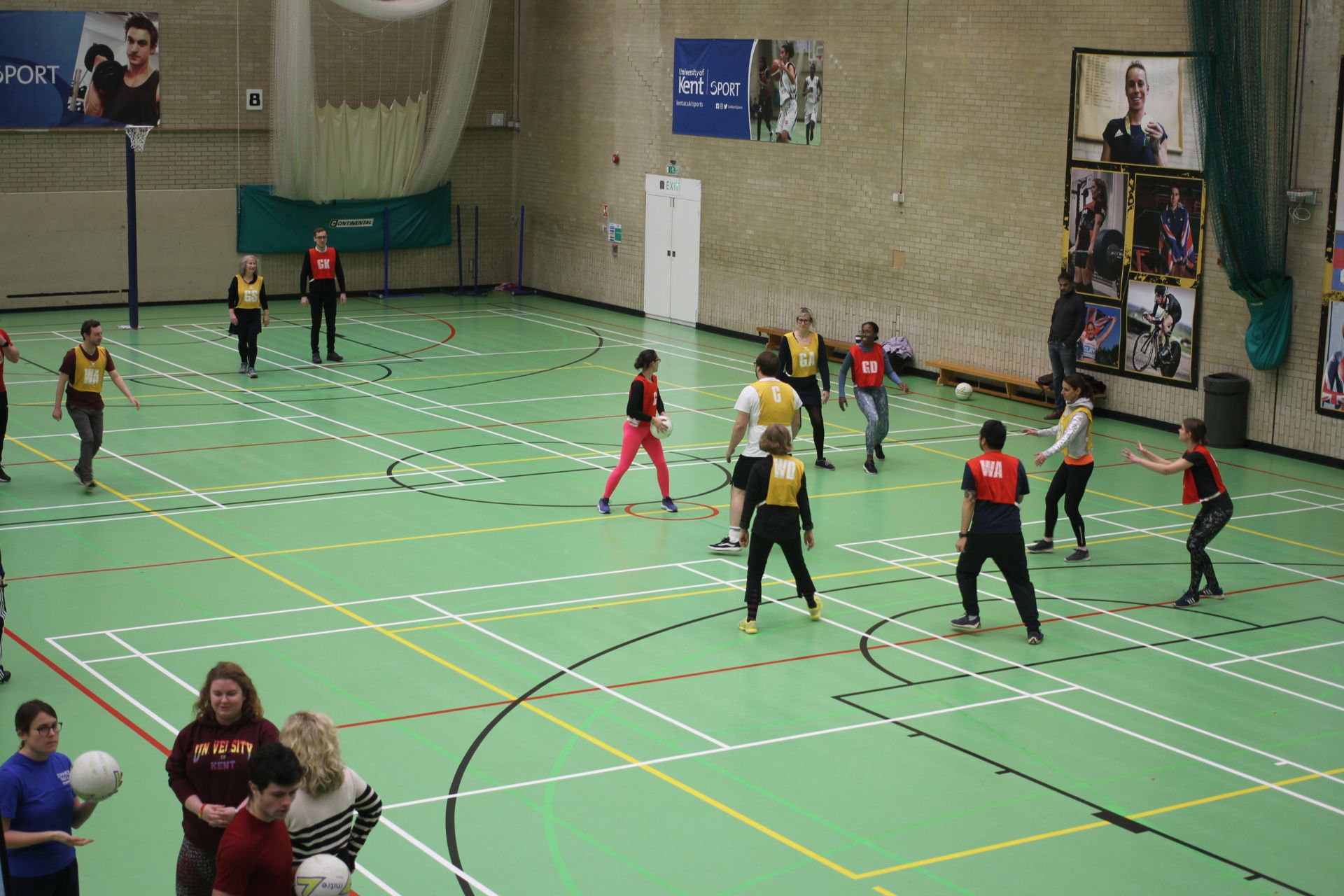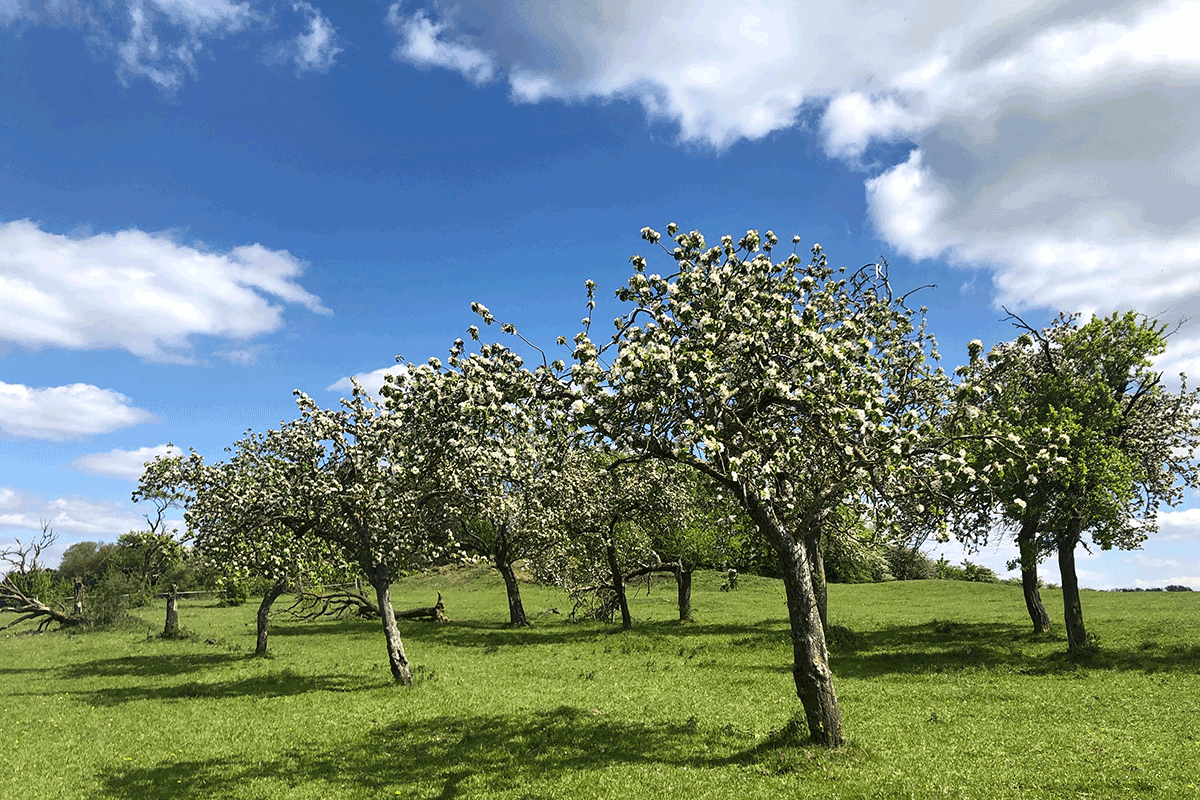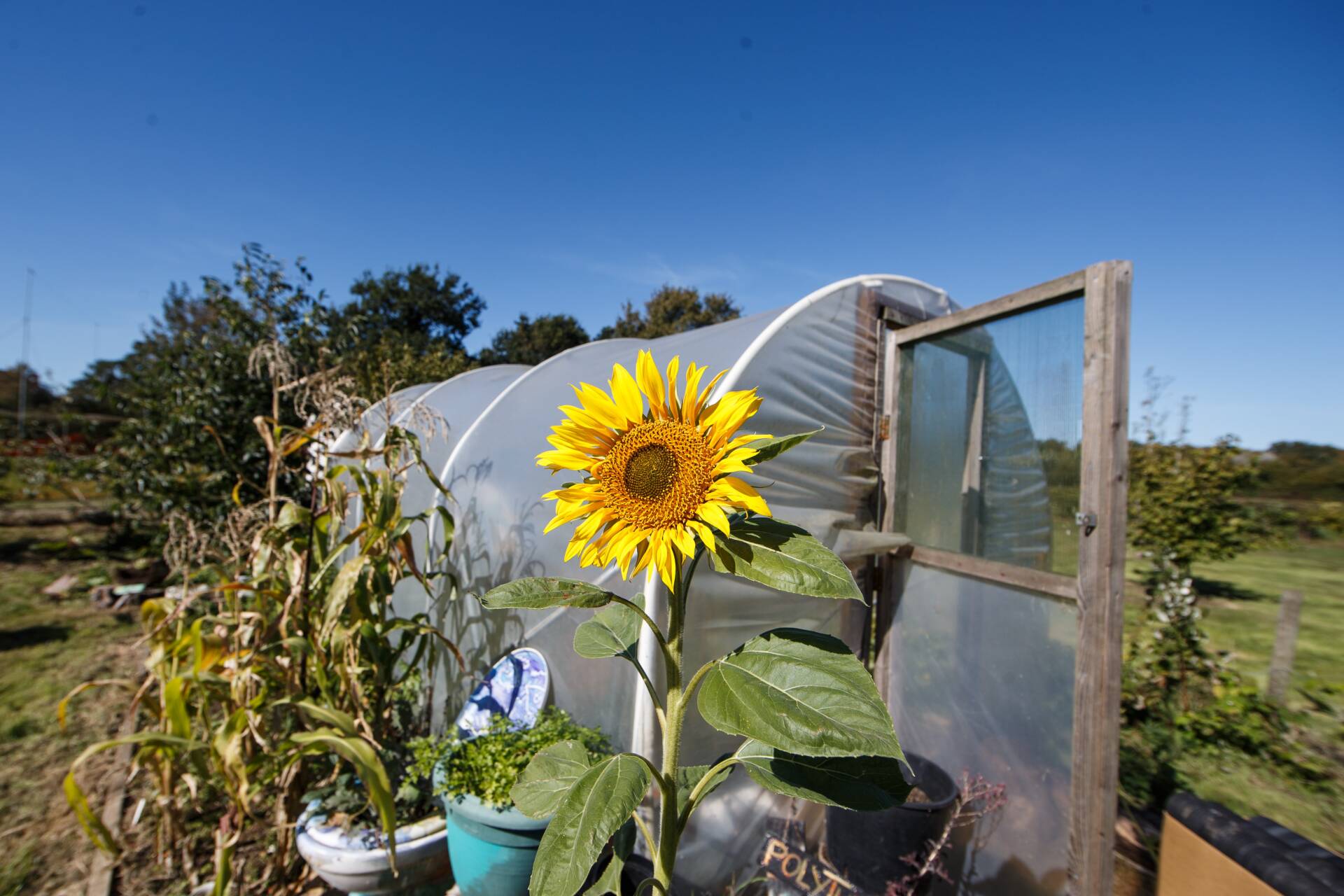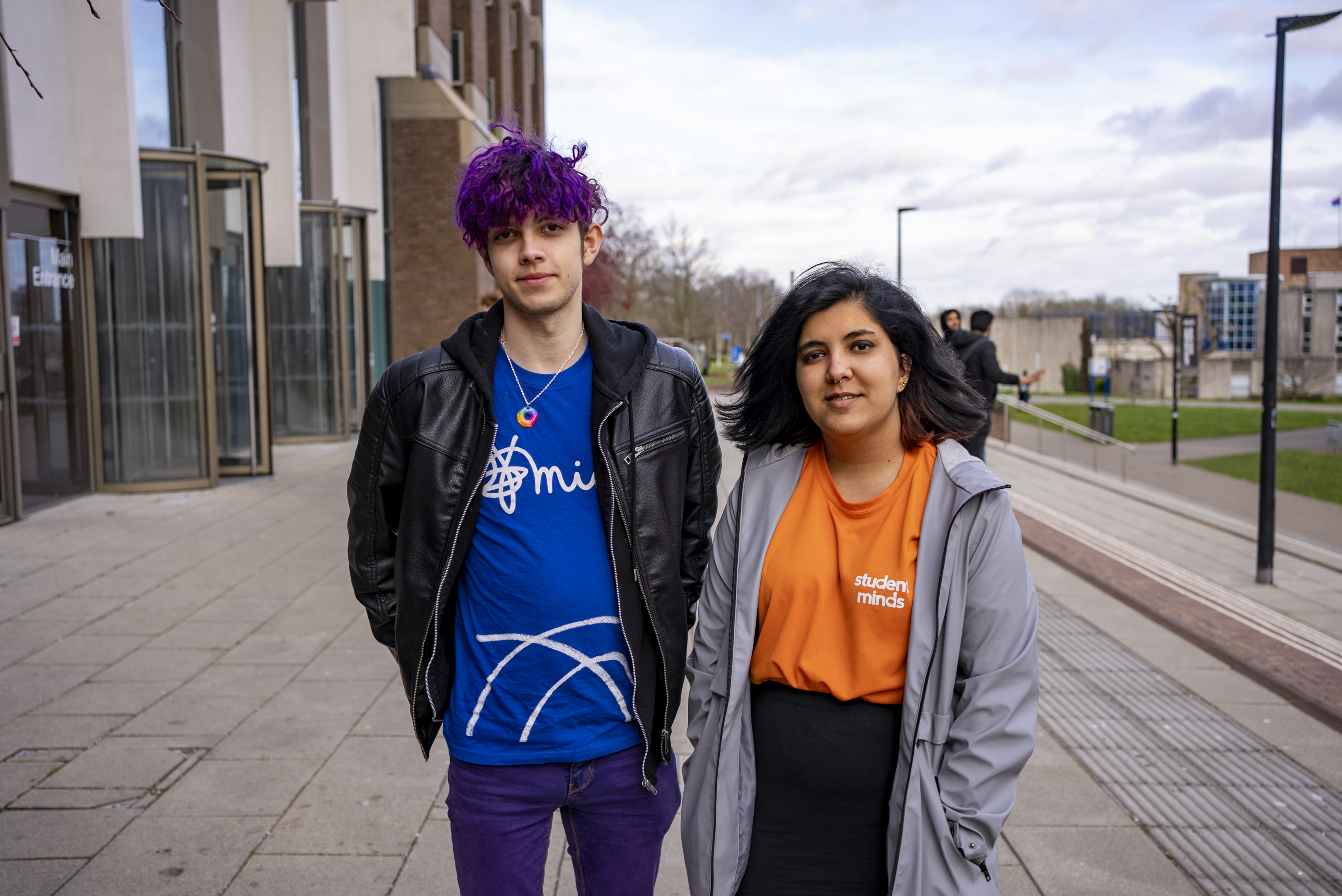This month’s Kent Stars are the Kent Mind Society. A new society this year, Kent Mind has created supportive events for students and fundraised for charities including Mind and Student Minds. Hear from Shivali and Tommy at Kent Mind:
Shivali – “Hi, I’m Shivali. I am the President of Kent Mind Society and a third-year Economics student, looking at a career in Philanthropy after my involvement in many of the Community Action Groups here at Kent.”
Tommy – “Hi. My name is Tommy and I am the Campaigns Coordinator for Kent Mind Society. I’m an MSc by Research student in Computer Science and I’ve been a part of many societies throughout my four years at the University of Kent.”
Tell us about Kent Mind Society.
“Kent Mind Society is a very new society on campus, started in August, with the aims of creating safe and supportive spaces on campus, destigmatising conversations about mental health, and fundraising for Mind and Student Minds.
We founded Kent Mind to help with the demand for support as we face a student mental health crisis and our desire to enact change on campus. We’ve run a wide variety of events from socials, fundraisers and wellbeing drop-ins, and we’ve raised awareness for important dates like Disability History Month and Time To Talk Day.
Our greatest success this year was the launch of the ‘Safe Space’ initiative last term, providing a supportive environment with blankets, lights, board games and study materials for anyone who feels lonely, low or bored on a Friday night. This was a safe alternative to ‘Friday Night Drinks’, and we are excited to relaunch the initiative bigger and better in the Summer Term.
We’ve had the great privilege of working with other local charities such as Porchlight, supporting their NHS-commissioned project on 18-25 year olds who have experienced mental health crises.
We continued strong this term with our calendar of events for University Mental Health Day, including a Bingo Fundraiser at Woody’s and our Spring Prom at Venue. More details of upcoming events can be found on our Instagram (@kent_mind_society).”
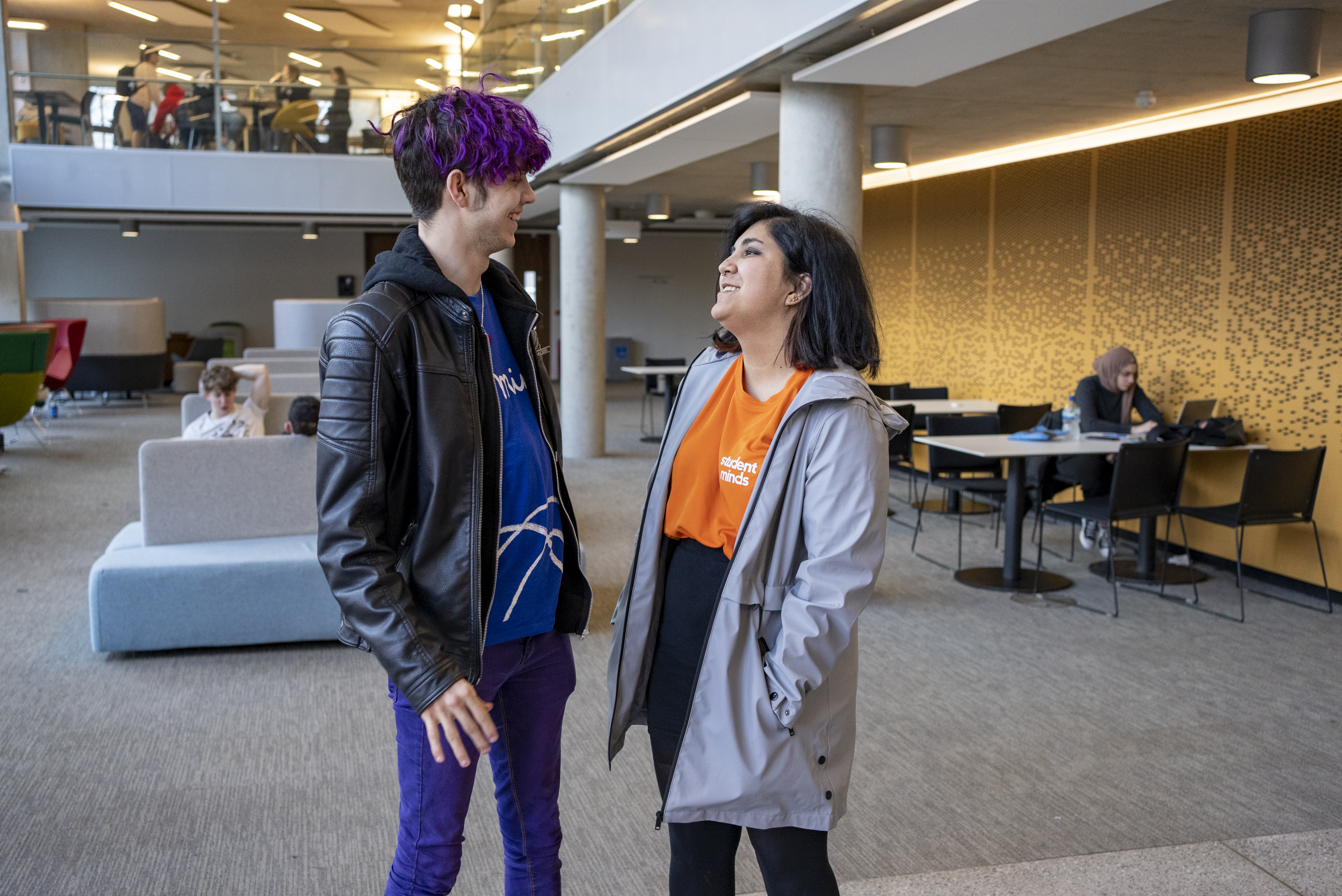
What advice would you give to other students?
Tommy – “I think that it is important to remember that your mental health is the most important thing. It can be very easy for the university workload and life to get on top of us, and we need to remember that it is acceptable for us to take a step back and look after our own wellbeing.”
Shivali – “My best piece of advice is to take note and make sure to do at least one thing every day that’s just ‘time for myself’. Whether it’s 5 minutes of reflection, going for a walk or having a long bath, try and make time once a day to look after yourself.”
What are your plans for next year?
“During our summer term, we hope to continue our ‘Safe Spaces’ initiative to provide a chilled and relaxed space amongst all the exam-related stress.
In the next year, we would love to continue our fundraising schemes and collaborate with other Community Action Groups, sports clubs and societies to raise even more money for some great causes.
We’d also love to work closer with student committees to raise awareness of how to look out for your members and be considerate of mental health.”
See more Kent Stars and nominate a Kent Star.

